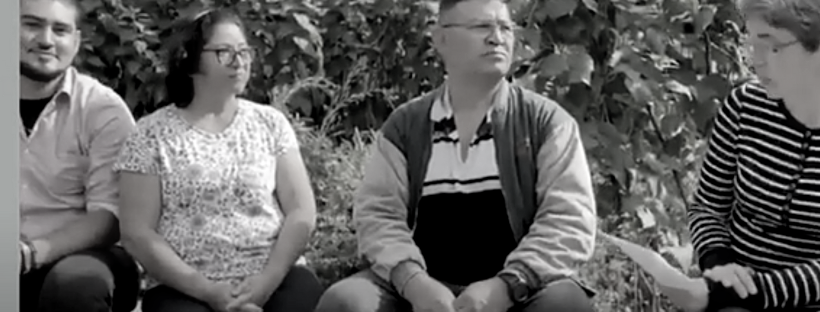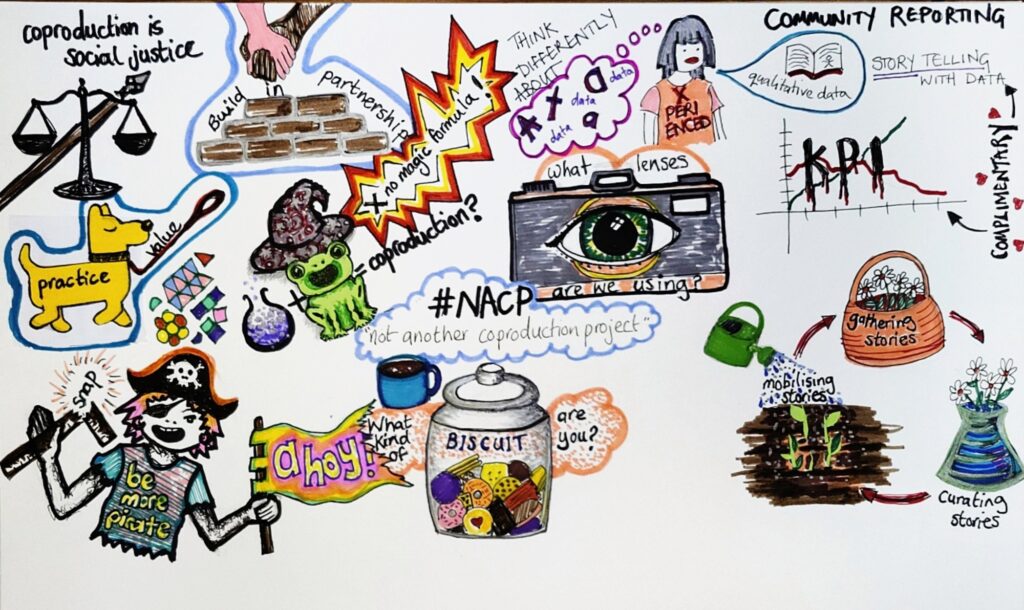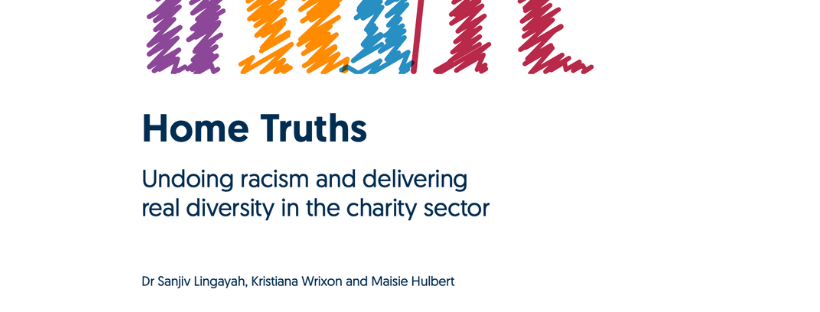Early this year we shared with you, the start of our journey to become actively anti-racist. If you want a little reminder of this, take a look at this blog post. Since then we’ve been continuing both our learning and action, and so we thought we’d do another little update.
So, what have we been learning, exploring or reflecting on?
A colleague at Disability Rights UK shared with us the Home Truths: Undoing racism and delivering real diversity in the charity sector report. As the report states:
The charity sector has a problem with racial and ethnic diversity. Black, Asian and Minoritised Ethnic (BAME) people are under-represented in the sector and those who are in charities can be subject to racism and antagonism not faced by white colleagues.
It contains a set of recommendations aimed at the sector, funders, individual charities and leaders within charities that can help in addressing systemic racism within the charity arena. As a team, we’ve looked through the recommendations and identified what we are already doing to contribute to the recommendations for change and what actions we could be taking. We are now using this to help us develop an anti-racism strategy or theory of change (or sorts) that will help us identify outcomes around diversity, equity and inclusion and the route to achieving them. We are hoping to be able to share this with you in Autumn.
Some of the ideas for the future include, (1) using our social media more actively to engage in or start conversations about anti-racism, (2) developing a complaints procedure specifically for incidents of racism and ensuring it encompasses not just the ‘team’ but is something that people who access our events and workshops can utilised if needed to and (3) look at and utilise what training or mentoring from specialists in this area is available.
What’s already changed or is changing…
So, since our last blog we’ve changed the way we do things and started to put things into practice. These include:
- Testing out different ways of recruiting that are more about finding folk who align themselves to our values and mission, rather than who – as the Home Truth’s report states – “can hit the ground running”.
- Creating a shared bookshelf (in a digital format) of things to read, watch or listen to that could educate us and inform our thinking around racism. We’ve also purchased some books and webinars on this, and are sharing them around layers of our team.
- Seeking funding to support our work in this arena – in particular, in addressing the whiteness of co-production and research spaces. We haven’t yet been successful in this – but fingers crossed for the future.
- Acknowledging the whiteness of the spaces we are involved in and projects we work on with partners and actively supporting people from Black and racially minoritized communities access such spaces and be involved in setting the agenda of the conversation.
- Providing financial support from our current funding and earned income to increase the diversity of people who can access and participate in our events and trainings – such as the annual Community Reporter Conference.
- Paying attention to the details of our ‘events’ such as choice of music and food, so that they speak to different cultures.
As ever, we welcome critical reflections and challenge to our actions. Also, if you’d like to suggest any reading material, podcasts and other things, let us know! Equally, if you’re doing work in this area and want to share what’s working for you, then feel free to send a message and start a conversation.





